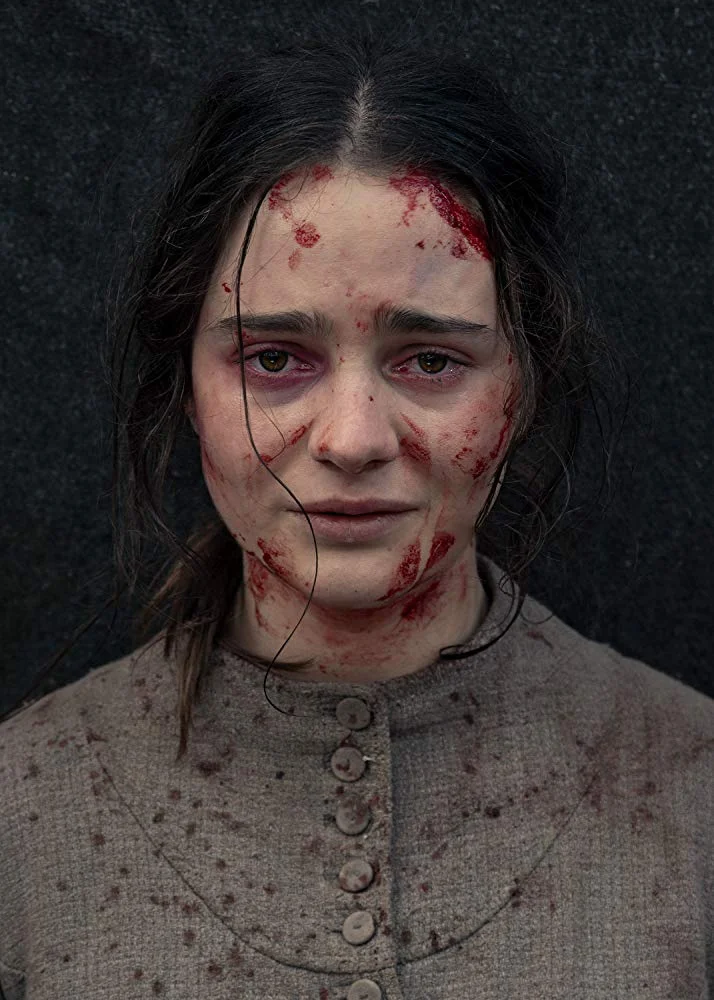The Farewell-A Transcended Celebration of Life
No matter what background you come from, you will feel like you are part of the family in Writer/Director Lulu Wang's transformative, hilarious and heart-wrenching film "The Farewell." The older we get, the more we see our family die away. In the United States, we often inform someone if they're terminally ill. In the real-life case of Lulu Wang's story that was adapted from a segment on "This American Life" a grandmother or in Chinese terminology, "Nai Nai" is diagnosed with untreatable lung cancer. Instead of telling Nai Nai about her condition, Billi's (Awkwafina) family stages an early wedding in China so everyone can say their goodbyes to Nai Nai without telling Nai Nai anything of her imminent death.
"The Farewell" is a picture that would make Yasujirō Ozu and Agnès Varda blush with its minimalistic free-spirited pseudo-documentary aesthetic that's interested in its everyday interactions between the characters opposing to an overly dramatic narrative. Time is spent watching Billi's family converse with one another, cracking jokes to mask the pain they all feel. We see our family in BIlli's family. There's the grouchy uncle, the opinionated sister, the utterly open aunt, the awkward cousin, language, nor race plays any role in our relatability to these individuals. Lulu Yang takes her time leaving the camera mostly still in flat center framed shots reminiscent of Ozu's work highlighting the architecture of the environment. What differs from Ozu is the distance the camera places itself upon the subjects who are often looking right at you as if wanting to confess to Nai Nai her ailments right to us yet are aware of the consequences if they do so. The celebration of life is lucid through Wang's brilliant use of colors representing Japanese culture and life through its bright blues and pinks. Director of PhotographyAnna Franquesa Solano offers the framing of an Ozu picture with the color palette of Sophia Coppola's "Lost in Translation."
To solidify the reality of the story actors are mixed with real people in Lulu Wang's family creating a movie that goes beyond a film but a perfect blend of fiction vs. reality where we never question who or what's real, we simply embrace life with this family. After the film during the Q&A with Director Wang, she informed the audience that the real life Nai Nai still has yet to see the movie because the secret of her ailment remains secure. In a way, we are watching the greatest goodbye video ever made. A sentiment that I do not post lightly. Not a dry eye was in the packed theatre I witnessed the film in.
We all can identify with Billi's family because they're our family. As stated before, the older we get, the more we see our family pass away. How do we deal with that? Is it immoral to inform someone of their impending demise? Is it more humane to allow that person to live out their lives with joy rather than fear? It's something even Ms. Wang pondered when speaking about the film on stage. To me, it's all dependent on the individual. In the case of Nai Nai, we have a feeling that she's aware of her fate. Through Nai Nai's kind words and extremely bright demeanor, I have a sense that she knows but doesn't want everyone else to see that she knows for their awareness of her knowledge could bring about tremendous anxiety.
Everyone in that theatre was thinking of their family. Without spoiling the ending, we feel like we're saying goodbye to our grandmother for the very last time. Lulu Wang's masterful film transcends into our souls with its empathy. It reminds me of my old boss Roger Ebert who once said, "the movies are like a machine that generates empathy. If it's a great movie, it lets you understand a little bit more about what it's like to be a different gender, a different race, a different age, a different economic class, a different nationality, different profession, different hopes, aspirations, dreams, and fears. It helps us identify with those who are sharing that journey with us." I could hardly ever tell what movies Roger would have liked, but I'm confident that this is a film he would have loved. "The Farewell" is one of the most beautiful empathetic films I have seen in ages.
****


